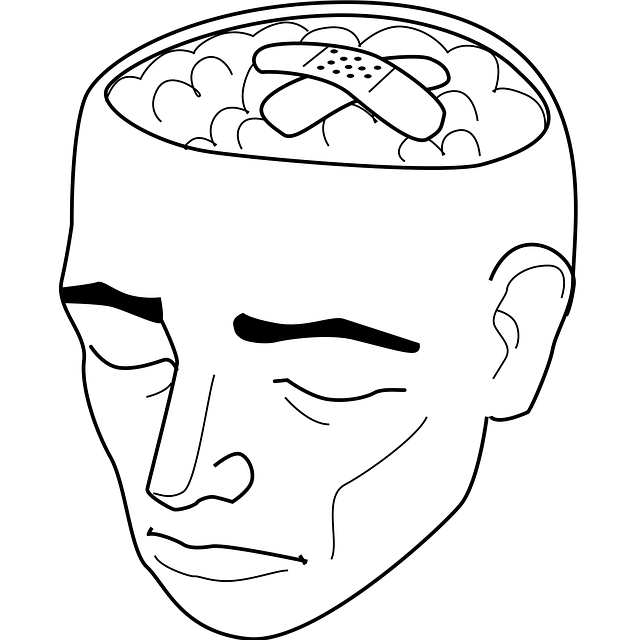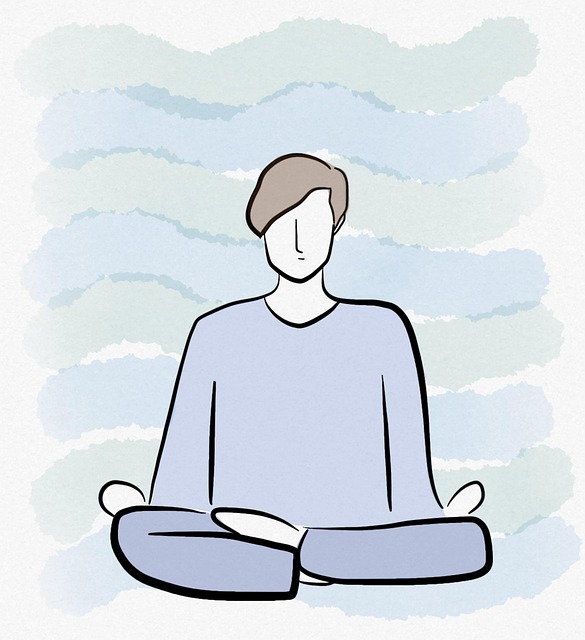Understanding your mental wellness needs is key to building a self-care routine. This involves recognizing triggers and vulnerabilities through introspection, journaling, or professional guidance like Centennial Self-Esteem Therapy. Prioritizing self-care includes mindfulness, exercise, and healthy sleep routines, with stress management workshops offering practical tools. By practicing mindfulness, using affirmations, setting boundaries, and tracking progress, you can improve mental health awareness and overall well-being, with professional therapists providing tailored support for enhanced resilience.
Developing a mental wellness self-care routine is an essential aspect of modern life, especially in today’s fast-paced world. This comprehensive guide will walk you through creating a robust Centennial Self-Esteem Routine, focusing on understanding your unique mental wellness needs. We’ll explore strategies like mindfulness techniques, positive affirmations, and boundary setting to boost self-esteem. Additionally, we’ll provide tips for long-term mental health sustainability and when to seek professional support, empowering you with tools for a healthier, happier life.
- Understanding Your Mental Wellness Needs: Recognizing Triggers and Prioritizing Self-Care
- Building Blocks of a Centennial Self-Esteem Routine: Mindfulness, Affirmations, and Setting Boundaries
- Sustaining and Tracking Progress: Tips for Long-Term Wellbeing and the Role of Professional Support
Understanding Your Mental Wellness Needs: Recognizing Triggers and Prioritizing Self-Care

Understanding your mental wellness needs is a crucial step in developing an effective self-care routine. It involves recognizing your unique triggers and vulnerabilities, much like navigating a complex labyrinth. Every individual’s journey is different; some may find solace in creative outlets, while others thrive through structured activities or quiet contemplation. This process often requires introspection, keeping a journal, or even seeking guidance from professionals like therapists who specialize in Centennial Self-Esteem Therapy. By identifying personal triggers, be they specific situations, thoughts, or environments, you can start to pinpoint the moments when your mental health requires extra care and attention.
Prioritizing self-care means making conscious choices to support your emotional well-being. This could include implementing various stress reduction methods such as mindfulness practices, regular exercise, or adopting a healthy sleep routine. Consider enrolling in Stress Management Workshops offered by organizations dedicated to promoting emotional well-being. These workshops can equip you with practical tools and techniques to manage stressors effectively. Through self-awareness and proactive measures, you can take control of your mental wellness, ensuring it receives the attention it deserves.
Building Blocks of a Centennial Self-Esteem Routine: Mindfulness, Affirmations, and Setting Boundaries

Building a robust Centennial Self-Esteem Therapy routine involves integrating core practices like mindfulness, affirmations, and setting boundaries. Mindfulness, the act of being fully present in the moment, helps individuals detach from negative thought patterns and gain clarity on their emotions. By cultivating awareness of both the mind and body, people can learn to accept and manage their feelings more effectively.
Affirmations, positive statements repeated to reinforce a desired mindset, play a crucial role in enhancing self-esteem. They challenge negative self-talk and reprogram the subconscious mind with empowering beliefs. Similarly, setting clear boundaries is essential for maintaining mental wellness. This involves learning to say ‘no’ when needed, prioritizing personal time, and establishing healthy relationships that foster respect and understanding. Incorporating these building blocks into a consistent routine can significantly contribute to improved Mental Health Awareness and overall well-being.
Sustaining and Tracking Progress: Tips for Long-Term Wellbeing and the Role of Professional Support

Sustaining mental wellness involves consistent self-care practices and regular tracking of personal progress. Establishing a routine that incorporates activities like mindfulness exercises, compassionate cultivation practices, and emotional healing processes can significantly contribute to long-term wellbeing. Journaling, for instance, can be an effective tool to monitor your thoughts, emotions, and behaviors, allowing you to identify patterns and make informed adjustments to your self-care plan.
Seeking professional support from a licensed therapist, such as those specializing in Centennial Self-Esteem Therapy, is another crucial aspect of maintaining mental wellness. Therapists provide tailored guidance, compassion cultivation practices, and self-esteem improvement strategies that cater to individual needs. They offer valuable insights into emotional healing processes and help individuals navigate challenging life situations, fostering resilience and overall mental robustness.
Developing a robust mental wellness self-care routine, centered around concepts like mindfulness, affirmations, and boundary setting, can significantly enhance your overall well-being. By understanding your unique mental wellness needs, recognizing triggers, and prioritizing self-care activities, you lay the foundation for a more fulfilling life. While these practices offer a solid framework, it’s essential to remember that seeking professional support when needed is crucial for navigating complex mental health challenges. Centennial Self-Esteem Therapy, for instance, can provide specialized guidance tailored to your specific journey, fostering long-term resilience and growth.












